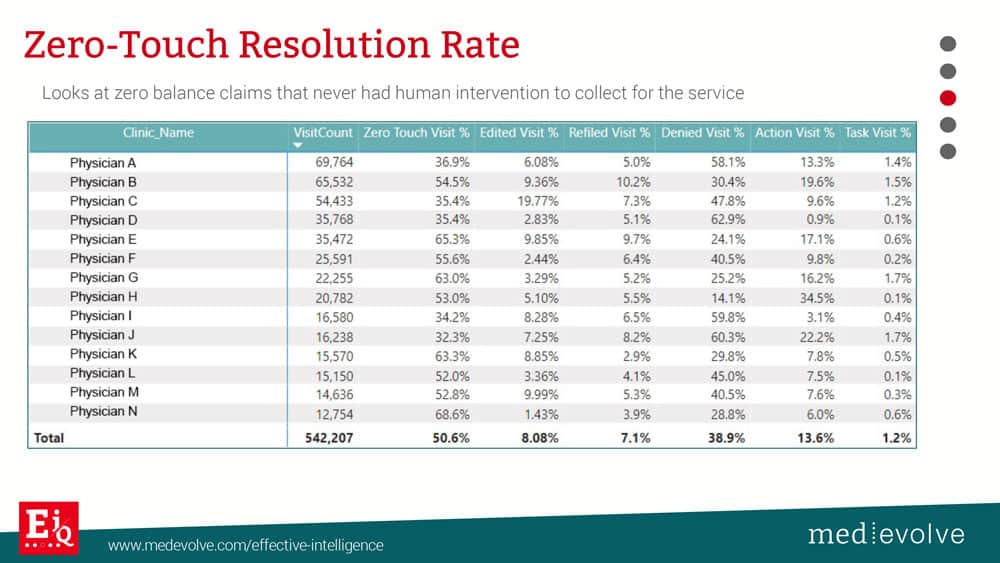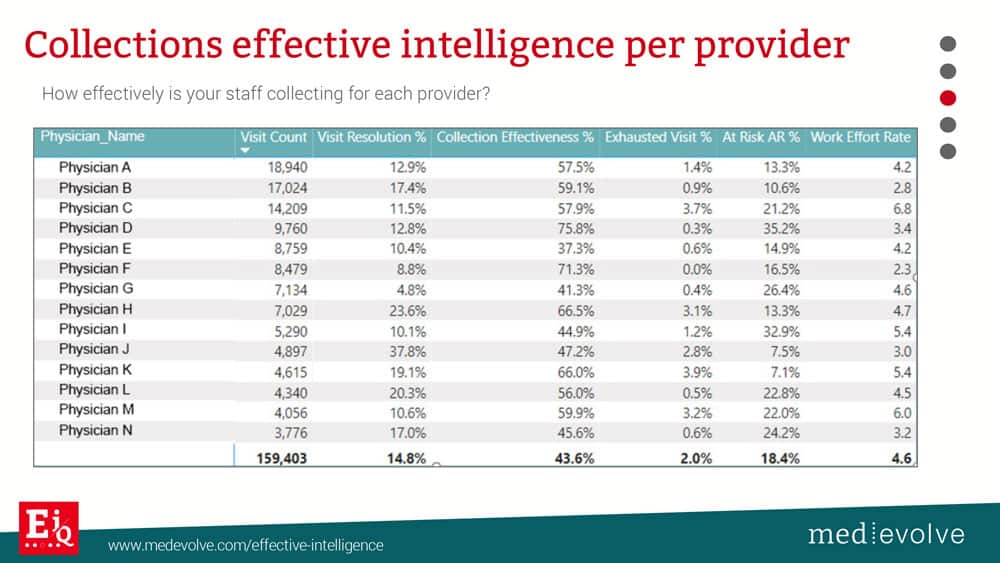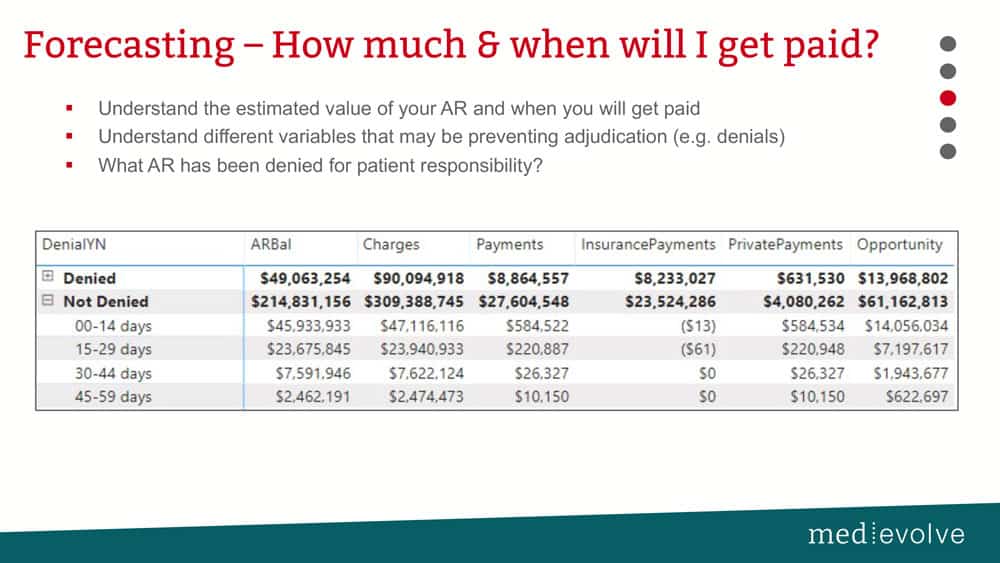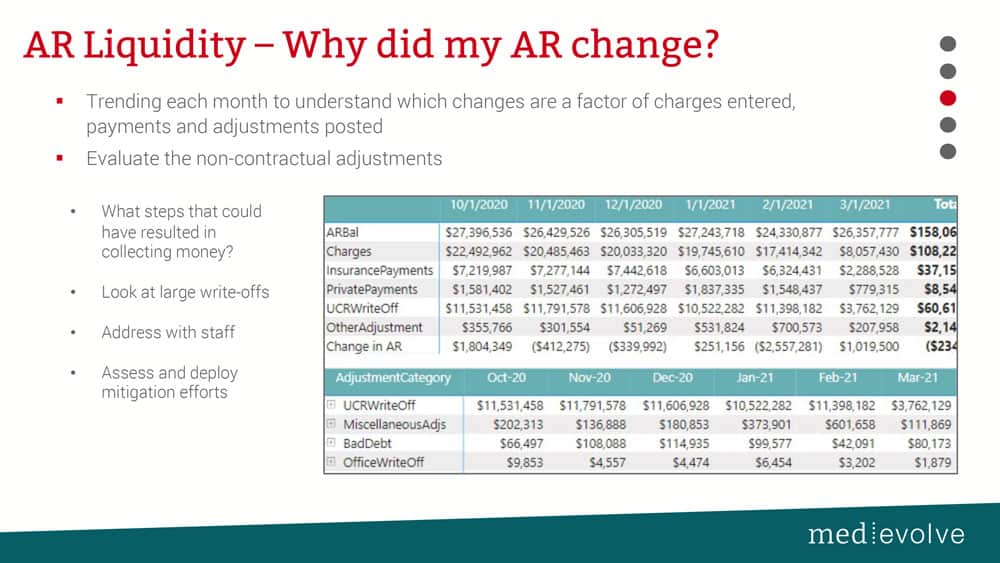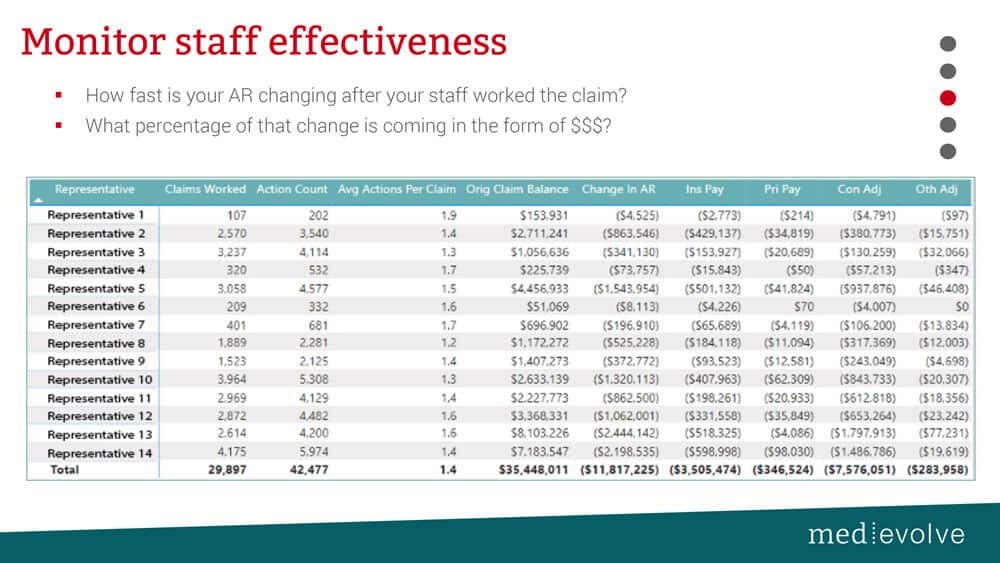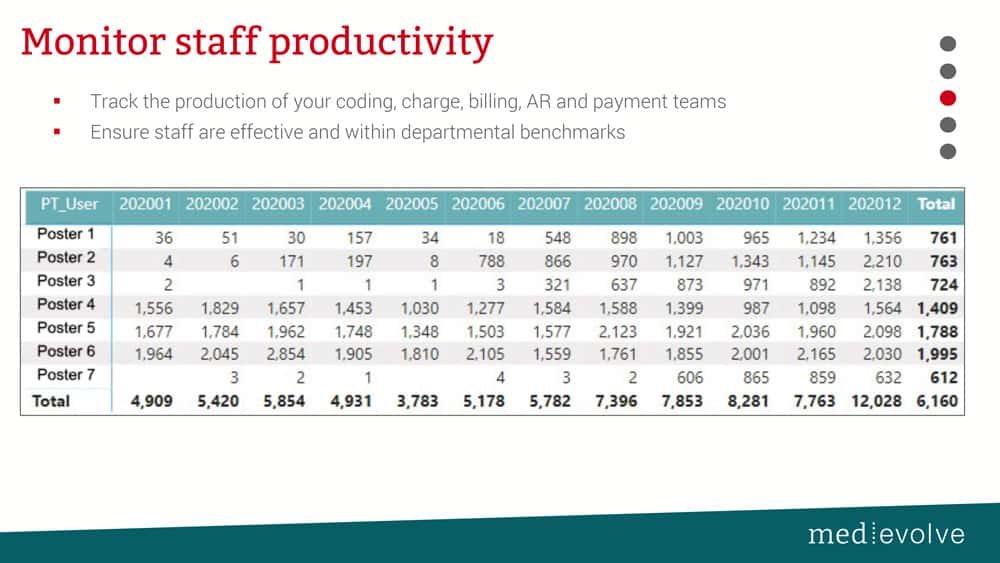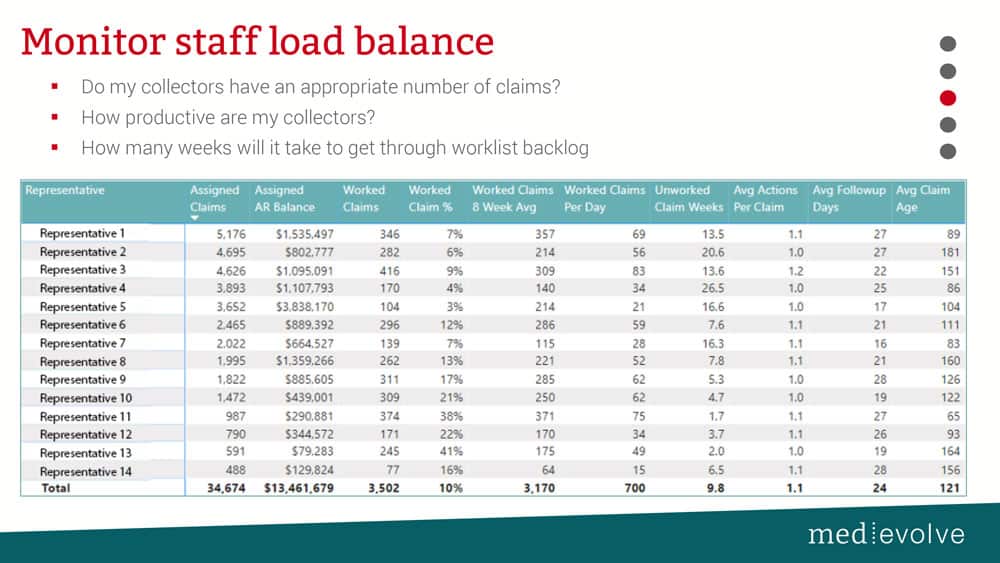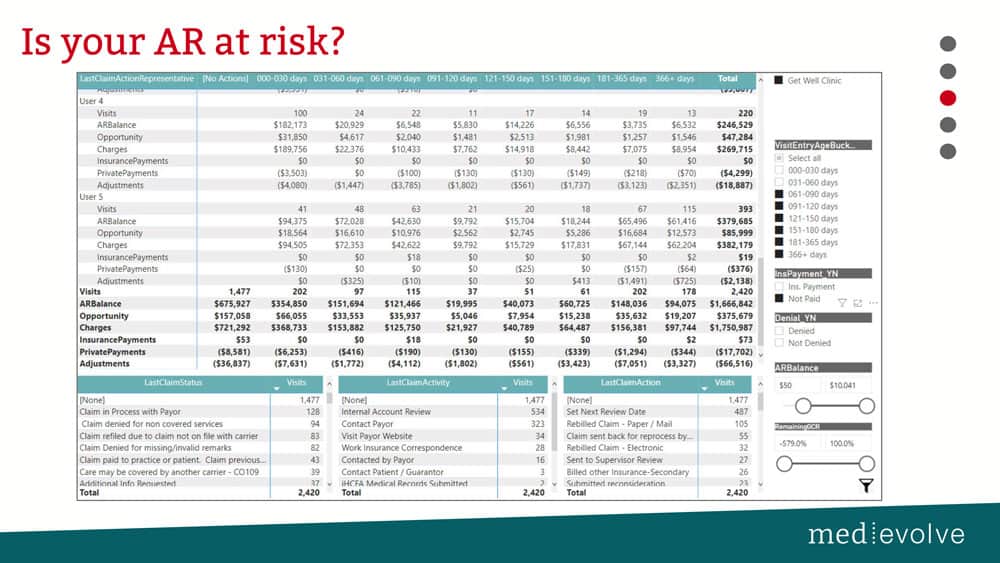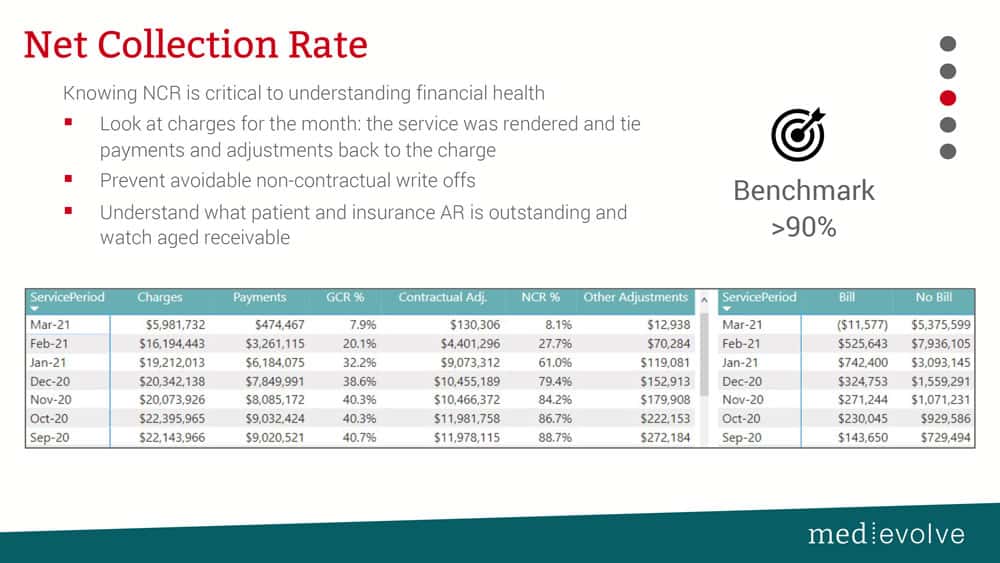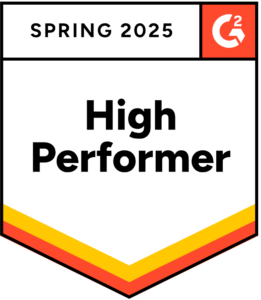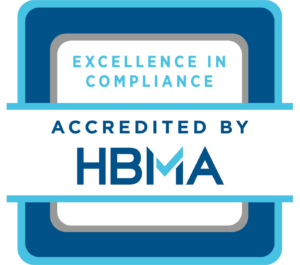You may be spending a lot more labor in areas that an RPA solution will not solve
This is Matt Seefeld with MedEvolve, an Effective Intelligence Company. Let’s talk about RPA (robotic process automation) and some of my thoughts around this model that seems to be really prevalent right now in the industry. There is a misnomer that RPA is going to remove the human from the equation in revenue cycle management. While many of these RPA solutions, while interesting and have a good business case, they may not be what you’re looking for. You may be spending a lot more labor in areas that an RPA solution will not solve, but in order to get to that insight, you have to know when and to what extent humans are involved in revenue cycle processes.
You need real-time analytics to measure work effort & process breakdowns to know what you need to automate
RPA may be important for the organization, but before you spend a lot of money and IT time doing integrations that may not yield the results that you expect, you need real-time analytics to measure the work effort of your staff and regularly monitor and evaluate your process. With Medevolve Effective Intelligence, I’m focused on one thing which is margin. In order to get margin, you have to understand where people are getting involved. I call it touches. How many touches does it take to get the outcome you expect. Practice management systems can’t measure that. You have to go beyond a PM system to capture the structured data necessary to understand the work effort and the result that you’re getting.
You also need to know why your staff is getting involved in the billing process
As you research products and automation, think about what will get you the biggest bang for the buck. What parts of my revenue cycle need the most human intervention to get an outcome? Is there an RPA solution or other automation solutions out there that can help solve for them? There may be, but you have to understand work effort. I tell clients all the time that need to know their zero touch rate. How many claims are actually going out the door with no human intervention? The inverse of that is where humans are getting involved. The follow is is why they are getting involved. Is it first pass denials? Maybe. Is it billing edits? Maybe. Is it A/R follow up? Maybe. What about the tasks that are going back and forth throughout the revenue cycle?
Medevolve Effective Intelligence real-time analytics helps you “tell the story” so you know what to automate and when.
Workflow automation should be managing process as well as staff performance
You have to have the right workflow automation technology bolted onto your practice management system to be able to tell that story. So if I tell you that 55% of your claims go out clean, as in no human had to touch it to get the outcome you expect, there’s 45% that had a human effort. Then the question is where in the revenue cycle did it happen and will RPA or other automation techniques resolve that or help improve it. Two years ago, this was not as important, but today we can’t find people to work. They are changing jobs quickly and we have open vacancies. It will only get worse as the economy starts to turn. You will actually have more job seekers out there that may not be as effective as you would like. So how quickly can you identify effectiveness? You have to have the structured data in order to do so.
About Matt Seefeld
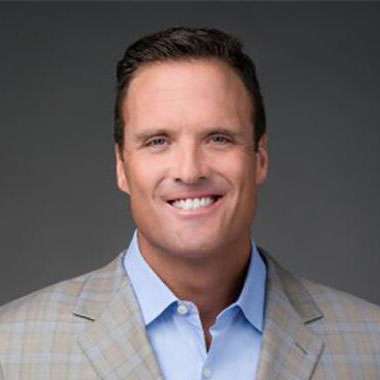 Matt Seefeld, Chief Executive Officer at MedEvolve, brings over 24 years of management consulting experience in the healthcare industry. He has extensive expertise in the assessment, design and implementation of process improvement programs and technology development across the entire revenue cycle. Matt began his career with Stockamp & Associates, Inc. and worked for both PricewaterhouseCoopers LLP and Deloitte Consulting LLP in their healthcare and life sciences practice lines. In 2007, he developed a business intelligence solution and founded Interpoint Partners, LLC, where he served as Chairman and Chief Executive Officer. In 2011, he sold his business to Streamline Health Solutions where he then served as Chief Strategist of Revenue Cycle followed by Senior Vice President of Solutions Strategy until 2014. Matt ran global sales for NantHealth and provided consulting services for healthcare technology and service businesses nationwide, prior to joining MedEvolve full-time.
Matt Seefeld, Chief Executive Officer at MedEvolve, brings over 24 years of management consulting experience in the healthcare industry. He has extensive expertise in the assessment, design and implementation of process improvement programs and technology development across the entire revenue cycle. Matt began his career with Stockamp & Associates, Inc. and worked for both PricewaterhouseCoopers LLP and Deloitte Consulting LLP in their healthcare and life sciences practice lines. In 2007, he developed a business intelligence solution and founded Interpoint Partners, LLC, where he served as Chairman and Chief Executive Officer. In 2011, he sold his business to Streamline Health Solutions where he then served as Chief Strategist of Revenue Cycle followed by Senior Vice President of Solutions Strategy until 2014. Matt ran global sales for NantHealth and provided consulting services for healthcare technology and service businesses nationwide, prior to joining MedEvolve full-time.
